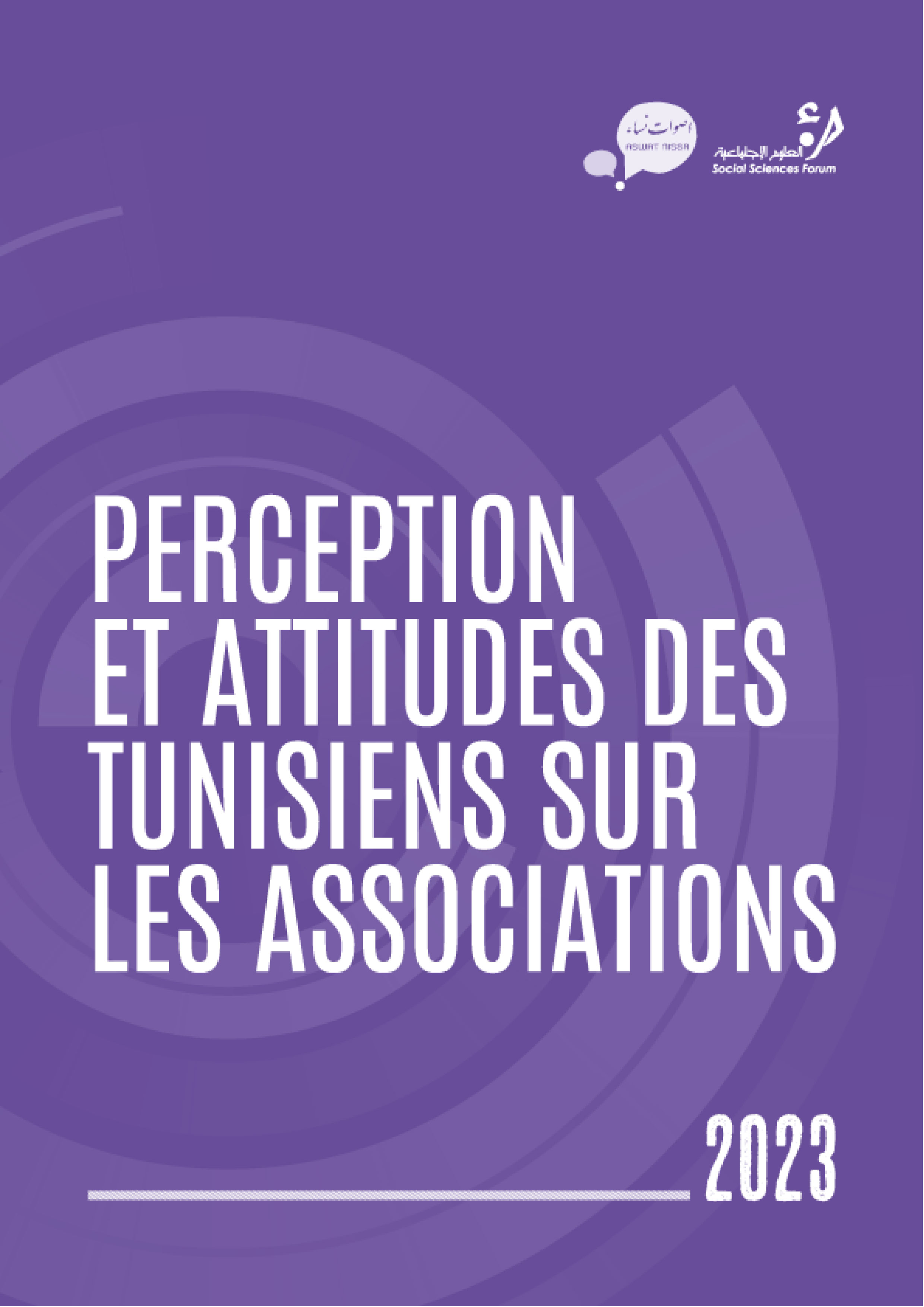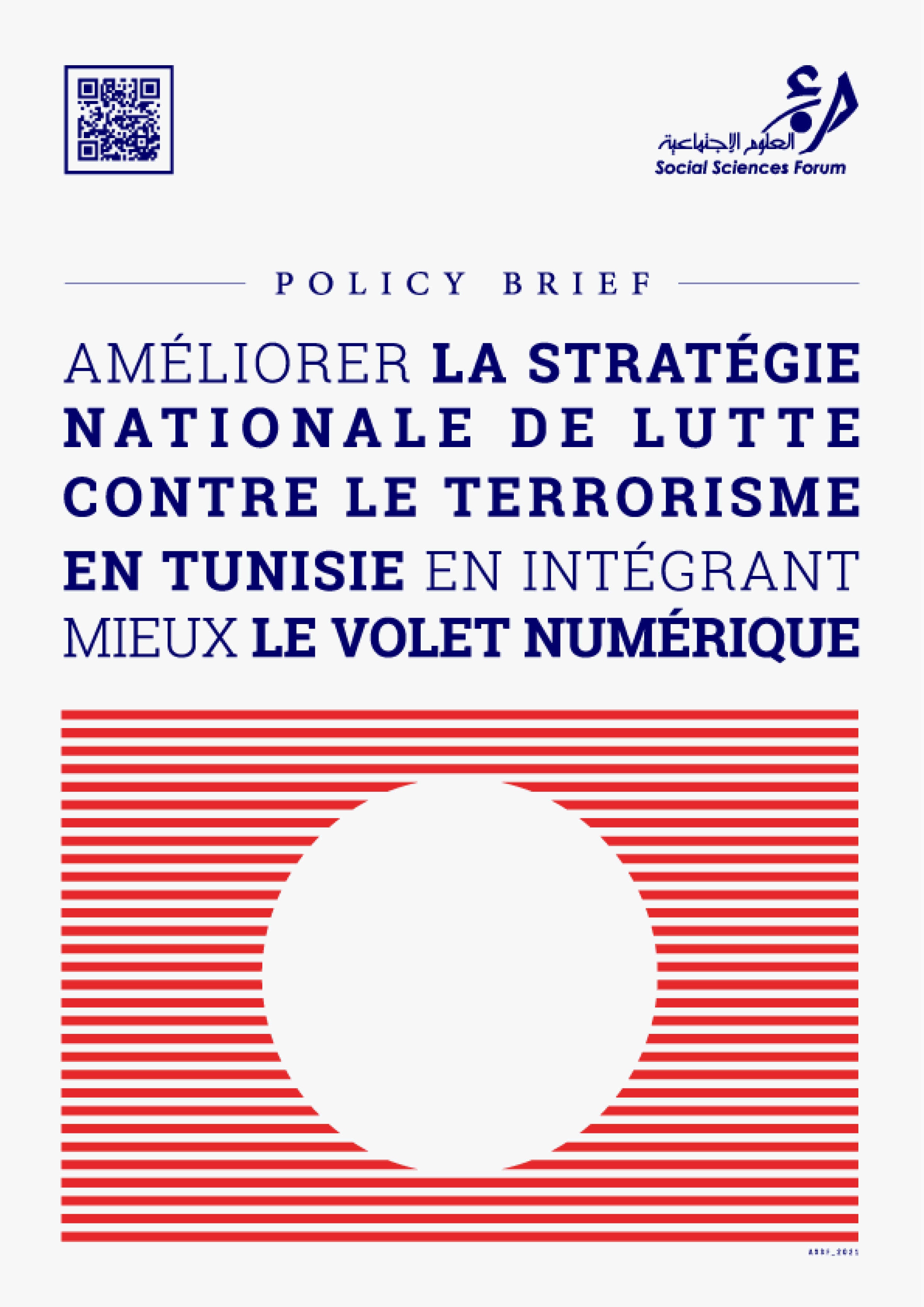A training manual on resolving hate conflicts
Social cohesion aims to assess the capacities of local communities and transform them through reaching the application and dissemination of an appropriate model conducive to developmental and sustainable initiatives, shifting conflicts towards developmental actions at the community level. It reduces conflict issues beyond the negative context in which individuals perceive themselves as excluded or incapable, turning it into a positive environment where people work together to anticipate those problems and have the incentive to achieve the maximum benefit from their collaboration in development efforts.
Consequently, as a result of the aforementioned, a procedural approach serves as a guiding tool for social cohesion and conflict resolution, responsive to varying conflict levels, addressing both prevention and mitigation of potential conflict issues, while enhancing institutional and community efforts to resolve conflicts and transform them into developmental projects and initiatives. This is achieved through providing training material for trainers within local communities.








